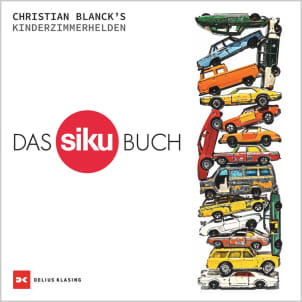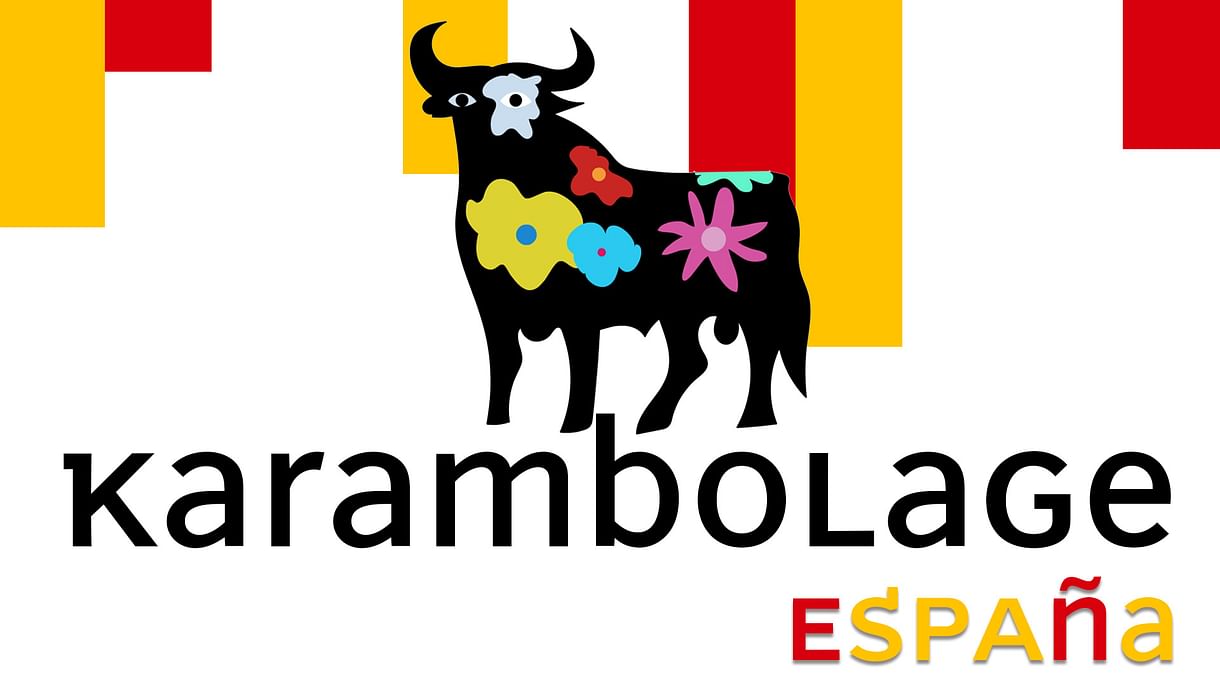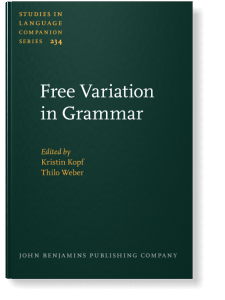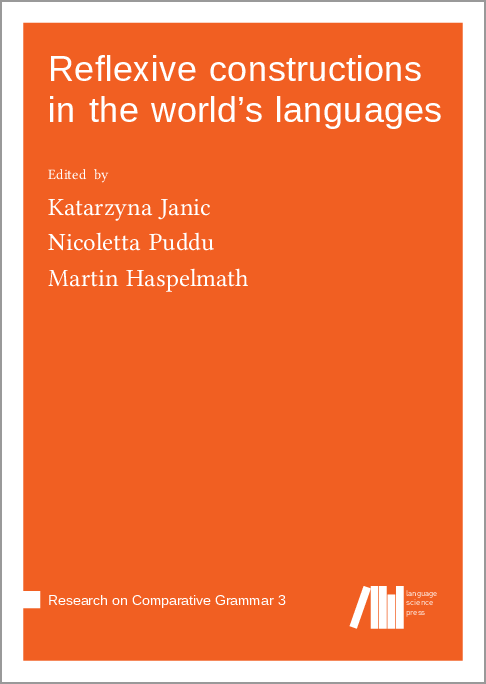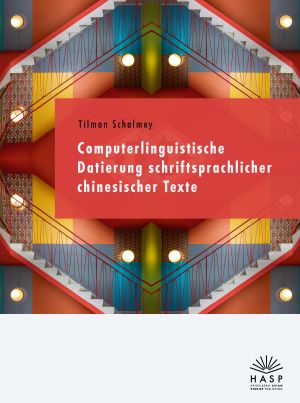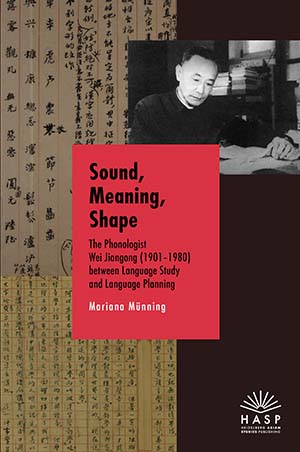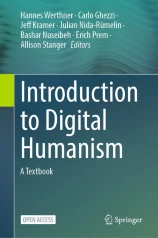 „L’œil frangé d’herbe noire“ et des „nuages sous les pieds“, Albertine Sarrazin a vécu sa vie comme un roman. De son existence fulgurante, elle nous laisse en partage trois best-sellers, des dizaines de poèmes, des centaines de lettres et mille cavales.
„L’œil frangé d’herbe noire“ et des „nuages sous les pieds“, Albertine Sarrazin a vécu sa vie comme un roman. De son existence fulgurante, elle nous laisse en partage trois best-sellers, des dizaines de poèmes, des centaines de lettres et mille cavales.
À sa naissance, en 1937, Albertine est déposée à l’assistance publique puis adoptée par un médecin militaire en poste à Alger. Brillante élève, éduquée dans un milieu bourgeois, elle a du mal à se conformer à la discipline du foyer et de l’école. Suite à de nombreuses fugues, elle est envoyée au Bon Pasteur de Marseille, une maison pénitentiaire pour jeunes filles. C’est le début d’une longue série d’incarcérations et d’évasions.
11 juillet 1953 : Le jour du bac, Albertine s’échappe pour monter à Paris en stop. Elle a 15 ans et vit clandestinement entre travail du sexe et vols à l’étalage. Petite et menue, les cheveux remontés en chignon, “l’œil frangé d’herbe noire”, Albertine s’enivre de Paris. Elle est bientôt rejointe par son amoureuse Émilienne, elle aussi évadée du Bon Pasteur. Ensemble, elles mènent la grande vie.
Un jour, elles tentent un braquage qui tourne mal et sont arrêtées. Les cahiers d’Albertine, dans lesquels elle a détaillé sa vie et leurs différents exploits, sont retrouvés par la police. Ils seront retenus à charge contre elle lors de son procès aux Assises où Albertine écope de sept ans d’emprisonnement. Elle est envoyée à la prison-école de Doullens dans la Somme, une haute forteresse dont elle s’échappe le 19 avril 1957.
Je suis vraiment harnachée pour arriver en tôle ce soir : opossum et pantalon. Moi qui pensais pouvoir franchir en liberté le solstice d’été, me voila à l’abri des coups de soleil, coups de lune, et en butte aux coups de gueule, coups de bourdon, pour un temps terriblement déterminé. Quelques années, quoi.” Derrière les barreaux pendant de longues années, Albertine a su apprivoiser l’enfermement en exprimant son quotidien, son ennui et ses espoirs dans ses livres, mais sa pensée demeure résolument anti-carcérale. La prison est pour elle un non-sens qui l’oblige au recroquevillement : „une existence pareille ne devrait pas avoir le droit d’existence. Car, la joie barricadée, l’intellect bien empaqueté, les fringues dans la napht, que reste‑t ‑il ? (Albertine Sarrazin)
En s’évadant, elle se brise un os du pied, l’astragale, qui donnera son titre à son plus célèbre roman quelques années plus tard. Cette même nuit, elle fait la rencontre d’un prisonnier en cavale, Julien Sarrazin, avec qui elle restera jusqu’à la fin de sa vie. S’ensuivront plusieurs années d’incarcération, de courses poursuites et d’arrestations pendant lesquelles elle ne cesse d’écrire, des romans, des poèmes, des lettres, des biftons…
Albertine est une „mauvaise fille“ et ne s’en cache pas. Dans son journal et dans ses livres, elle écrit tout : ses fugues, ses vols, ses amours, la prison et les évasions. Son écriture balance entre envolées lyriques et expressions taulardes, un mélange subtil de calligraphie et de gribouillis, d’argot et de Marie-Chantal, d’ordure et de poème qu’elle cultive avec grâce.
Le 9 août 1964, Albertine est définitivement libérée et s’installe avec Julien dans une maison à Montpellier. Ses manuscrits, qui ont voyagé dans de bonnes mains, se retrouvent dans celles de Jean-Pierre Castelnau, le directeur littéraire des éditions Jean-Jacques Pauvert, qui veut publier ses trouvailles. En octobre 1965 paraissent successivement deux livres d’Albertine : La Cavale et L’Astragale.
Immense succès. Tout le monde veut interviewer cette jeune écrivaine qui, pour la première fois, dit la prison de l’intérieur, raconte ses amours lesbiens, évoque son recours au vol et au travail du sexe, sans regrets et sans honte. Très vite, elle publie son troisième roman, La traversière, dans lequel elle revient sur son enfance, ses parents, et sur ses conditions et processus d’écriture.
En peu de temps, les tirages augmentent et des projets de films sont lancés, mais l’état physique d’Albertine se détériore et elle doit rapidement être opérée. Le 10 juillet 1967, à l’aube de ses trente ans, Albertine s’éteint sur une table d’opération, elle était au faîte de sa gloire et enfin libre.
Les deux médecins qui ont pratiqué l’opération dont Albertine succombe seront condamnés au terme d’un long procès mené par Julien.
J’ai passé le quart de ma vie en prison, je suis passée au tribunal pour enfants, en correctionnelle, en Assises, j’ai bagarré, j’ai soupiré, j’ai rigolé ; aussi, je sais du profond de ma certitude que sous le boisseau enchevêtré des rocailles et des ferrailles, des nuits blanches et des heures grises, il est toujours un jour, un retour… (Albertine Sarrazin)
Albertine Sarrazin désignait ses livres comme ses „mômes“ et parlait de l’écriture comme un moyen de repousser un peu le néant. Elle, qui écrivait depuis l’enfance et qui ne connaissait pas ses parents, a fait de l’écriture une nouvelle naissance. Ainsi, les aventures de la „petite femme à la patte cassée“, continuent de nourrir les envies d’évasions de celles et ceux qui les lisent.
Avec
